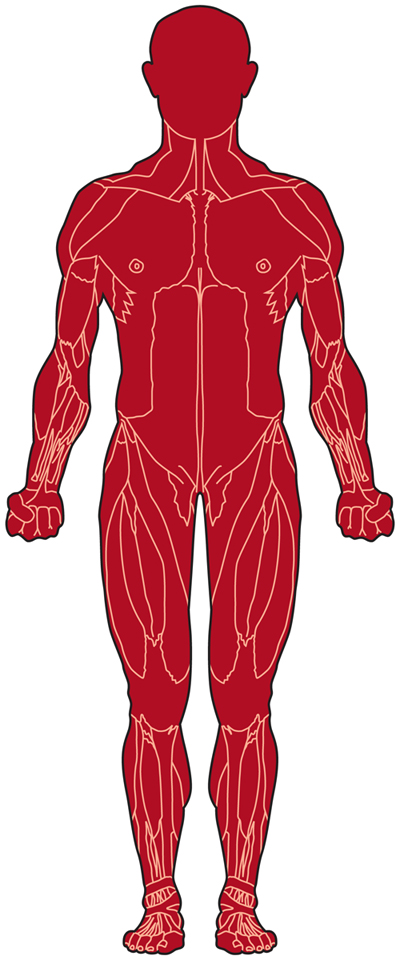Endocrine Myopathies
Endocrine Myopathies
 What are endocrine myopathies?
What are endocrine myopathies?
The word myopathy means “disease of muscle.” More specifically, myopathies are diseases that cause problems with the tone and contraction of skeletal muscles (muscles that control voluntary movements.)
Endocrine myopathies are not inherited and result from abnormal activity of the thyroid gland.
What are the symptoms of endocrine myopathies?
Symptoms of endocrine myopathies include weakness and atrophy (shrinking) of the muscles around the shoulders and hips, muscle stiffness, cramps, slowed reflexes, and in severe cases, muscle breakdown.
For more, see the Types page and Signs and Symptoms.
What causes endocrine myopathies?
In endocrine myopathies, symptoms result from too much or too little hormone production from the thyroid gland. See Causes/Inheritance.
What is the progression of endocrine myopathies?
Myopathies usually don’t cause muscles to die; instead, they keep them from working properly. Myopathies are usually nonprogressive — that is, a myopathy usually doesn’t grow worse over a person’s lifetime. In fact, some children with myopathies gain strength as they grow older.
What is the status of research on endocrine myopathies?
Scientists are working to develop treatments and therapies for these diseases.See our stories on the Quest Blog.
For stories of families living with endocrine myopathies, see our stories on Strongly, the MDA Blog, or see endocrine myopathies stories on The Mighty.

